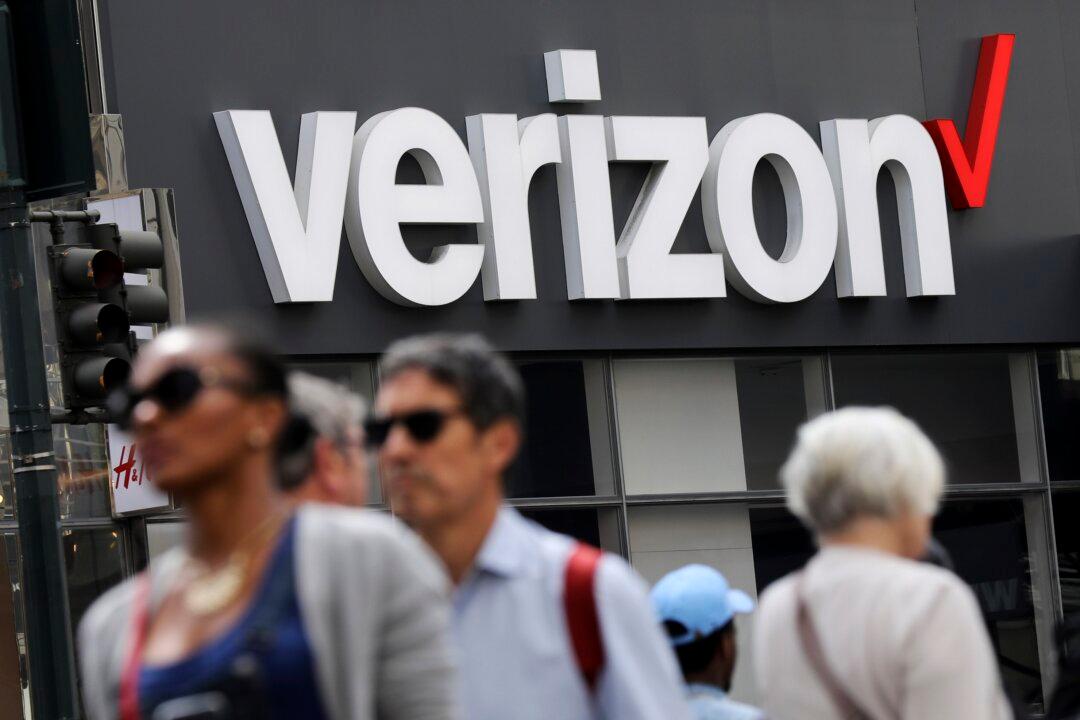A federal judge in Texas has dismissed a previous $847 million verdict against Verizon alleging that the wireless communications company violated patent rights.
U.S. District Judge Rodney Gilstrap ordered a new trial after ruling that the former verdict supporting the Dallas-based General Access Solutions’ (GAS) allegation that Verizon infringed on its wireless communication technology was “against the great weight of the evidence.”





